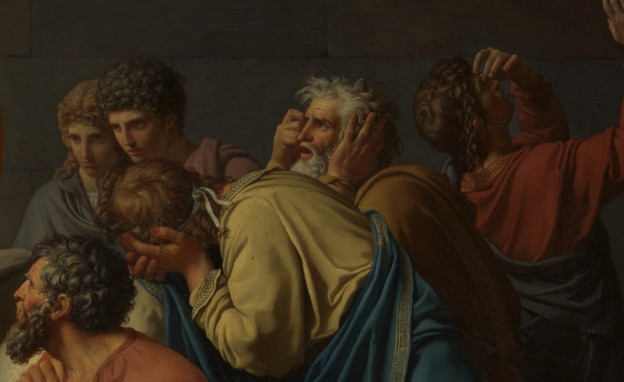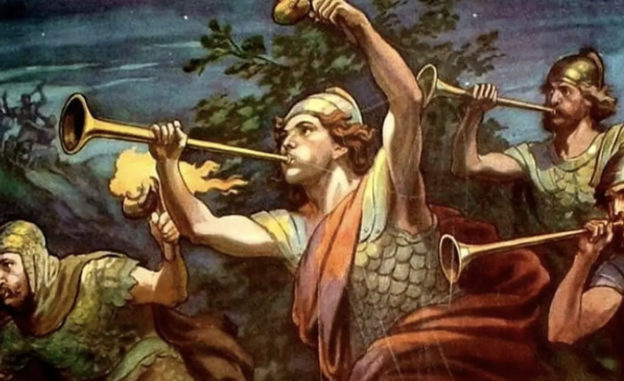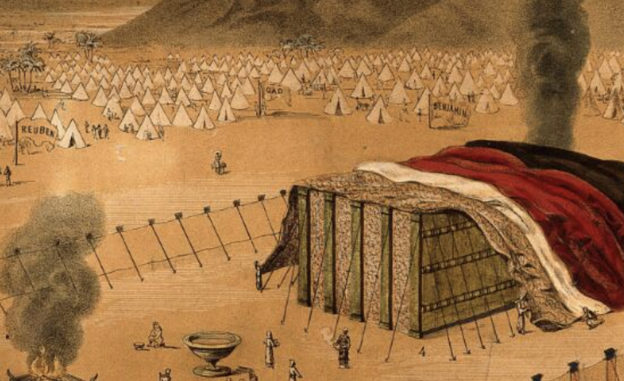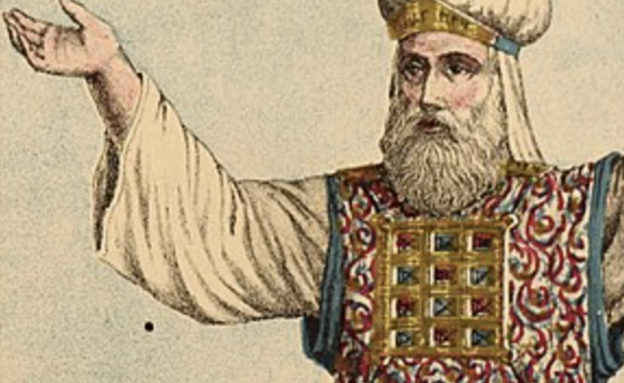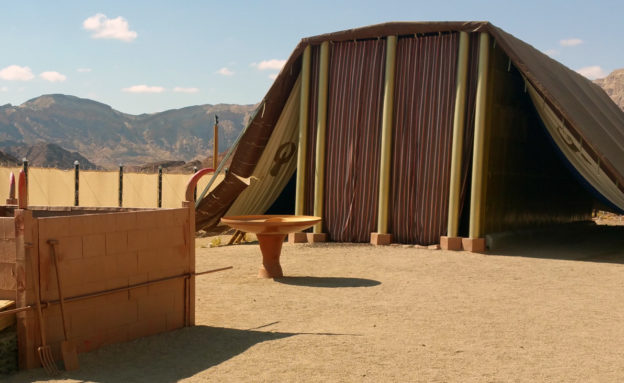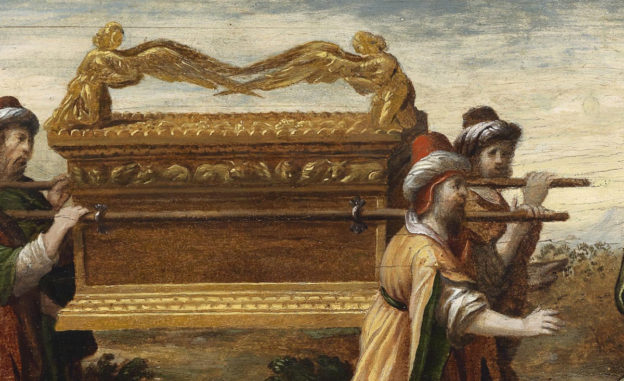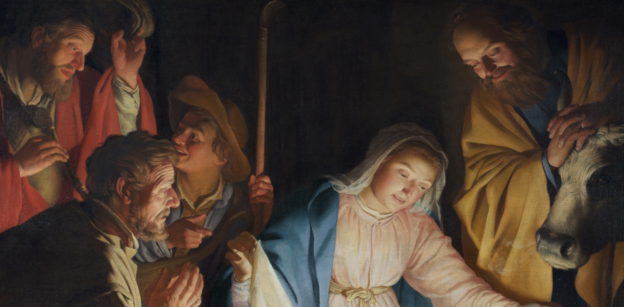It is probably my cynicism which means when I hear of criminals expressing remorse at their sentencing I am not convinced. I do not doubt that the words were written by them, or perhaps as coached by someone helping them, but I am far more likely to believe they are remorseful that they were caught and face punishment, than that they regret their crime.
Ultimately what proves the truth or lie of their words are their actions. Whether they make better choices, seek restoration (where this is possible), or perhaps encourage others to avoid their mistakes. That is a sign of remorse, repentance, and a changed heart. And it’s wonderful to see!
In the first chapter of Judges, we have seen sin and disobedience in Israel’s life. Despite God’s command to drive out the pagan nations of Canaan, the Israelites tolerated their idolatry and immorality in their midst. In the first five verses of chapter 2, God announces judgement on Israel and warns them what will happen because they have failed to keep his commands. Sadly, God receives weeping, not repentance, as Israel’s response.
While Judah, who God appointed as leader of Israel after Joshua’s death, was relatively successful in the South, the North was a different story. Initial success was followed by failure and setback. Eventually, though Israel grew strong, they did not fulfil God’s commands but reduced the pagan Canaanites to servitude. Instead of cleansing the land of idolatry and immorality, they laid the foundations for it to easily seep into the lives of their children and grandchildren, and bring God’s judgement on them for failing to keep the covenant made at Sinai.
The theological message underneath this failure seems to be unbelief leading to a failure to trust in God’s divine presence and leadership. Sin and disobedience followed that unbelief.
But God was not absent from his people. While God is present everywhere, and sees and knows all things, God also makes a point of clearly surveying the scene. “The angel of the Lord went up from Gilgal to Bochim” (v.1). Just as God walked in the Garden of Eden after the fall and called out to Adam and Eve, God walked among his people.
God then reminded Israel of his goodness, as the one who “brought you up from Egypt and brought you into the land that I swore to give to your fathers. I said, ‘I will never break my covenant with you” (v.1). God had kept his end of the bargain. He reasonably asked of them “you shall make no covenant with the inhabitants of this land; you shall break down their altars” (v.2).
Israel was not to make accommodations with the inhabitants. They were to bring judgement on them. They weren’t to allow worship of false deities, they were to cleanse the land and devote it solely to worship of the only true God.
The Israelites had not met his commands. “You have not obeyed my voice. What is this you have done?” (v.2). Like a parent surveying a broken lounge, God asks Israel what they thought they were doing. He knew. They knew. And they should have known that he knew.
Since they had not obeyed, God announced the discipline and judgement they would face. “So now I say, I will not drive them out before you, but they shall become thorns in your sides, and their gods shall be a snare to you” (v.3). While disobedience was practical, the punishment was both physical and spiritual. Physical oppression, and spiritual straying after the idols they tolerated.
As soon as God announced this, the Israelites realised they were found out. The people wept (v.4). They named the place of God’s announcement Bochim, meaning “weepers,” to remind them of their sadness (v.5). They offered sacrifices to God there too (v.5); so far so good.
And then… that is it. Nothing in Judges about repentance and renewed commitment to following God. Instead, more decline. Just weeping, and sacrifices.
God desires obedience, not sacrifice (1 Sam 15:22, Hos 6:6, Micah 6:6-8, Matt. 9:13, 12:7). Weeping was not enough. Sacrifices without faith and a repentant heart, which seeks to do God’s will in future, are not enough.
If they were not enough for Israel, they are not enough for us either. Being sorry because your sins have been discovered is good, but not good enough. Doing the publicly accepted rites of penance are good, but not good enough. A repentant heart does more. It acknowledges sin, receives forgiveness, and sets out to do better and put things right.
Of course as sinners, we still keep falling short. But in Jesus we have a perfectly faithful and obedient man who stood in our place, and accepted judgement for us. Where we fail, he succeeded.
Through Jesus, we can repent in the knowledge of God’s forgiveness. But that repentance involves more than tears and outward acts, it requires returning to God with all our hearts. Let’s turn to God with open hearts, not with empty tears.

